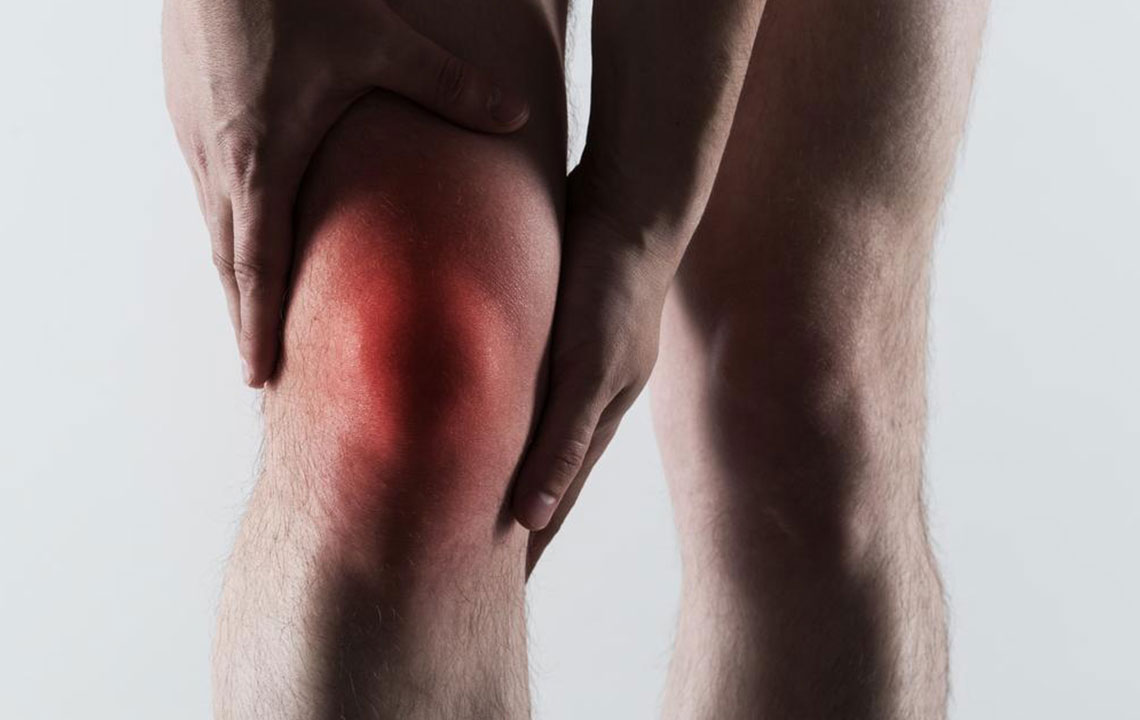Gout – Diagnosis and Foods to Avoid
Gout is an acute form of arthritis and is often known as a disease of rich men as it occurs due to overindulgence in alcohol and other such products. Gout results in swelling and pain in the joints. Though gout is known to affect the biggest of the toe in most cases, at times, it does affect the ankle, wrist, elbow, and toe.
Gout can be most effectively managed if the uric acid is in control. A typical gout attack can last up to four days and a person suffering from gout should follow the proper dietary advice besides taking the recommended medications so that any instance of gout comes under control.

An increasingly common disease
According to a health study which was carried among 52,000 people, it was found that around 4.1 percent people of the studied group were suffering from gout-related problems. The average age of gout infestation was found to be 44 years, but it was also seen that people as young as 16 years of age were also suffering from gout-related complications. It was assumed on the basis of this study that gout was a common phenomenon and it has started impacting young people with increasing intensity.
This study also found out that men faced an increased risk of being affected by gout in comparison to women.
Gout is also known to occur in a combination of a host of diseases affecting the person alongside. These were found out to be high blood pressure, higher range of cholesterol, kidney and heart disease and diabetes.
The most prevalent risk of gout occurring is when a high level of uric acid is reported in the blood. This leads to crystals of uric acid settling in the joints. With the amount of uric acid increasing due to the breakdown of food containing purine, it would be good if the amount of food intake containing a higher amount of purine is reduced.
Diagnosis of gout
- Joint aspiration test
This is the most important diagnostic test which can confirm the presence of gout. For doing this test generally, a needle is inserted into the joint which helps in withdrawing a sample of fluid for the test. This fluid is then inspected under a microscope to know if gout crystals or signs are present. At times gout arthritis can also be diagnosed through clinical presentations without having a joint aspiration test.
- Blood tests
A blood sample is also taken by doctors at times to check out the cell count, level of uric acid and function of the kidney. The level of uric acid in the blood cannot always be considered to know about gout. Uric acid is always elevated in 5 to 8 percent of the population, but that is always not due to gout. Therefore, a doctor always considers multiple factors before they pinpoint the exact reasons for the presence of gout.
Home remedies for gout
If a person maintains an adequate amount of hydration in the body, it will help in reducing the incidence of gout. People who suffer from gout are also advised to take cherry juice occasionally as this also prevents the occurrence of gout.
Medications as ibuprofen, naproxen, and celecoxib also reduce the incidence of gout in a person. However, these medications should always be taken under medical supervision only.
Food items to be avoided during gout
The intake of food items as asparagus, cauliflower, mushrooms, oatmeal, wheat bran and germ and red meat should be reduced in the case where a person is suffering from gout as these are high in purine.
However, it is not if that reducing the intake of food items containing purine will help as in some cases the intake of food items having a very high proportion of purine has to be completely given up.
The food items whose consumption has to be completely given up in cases when purine is high can be categorized as:
- Meat extract
Broths, meat stocks, gravies and chicken essence products should be completely avoided in case a person is suffering from gout. - Fish
Fish like salmon, herring, prawn, sardines, fish roe, and scallops should also be avoided in cases of gout. - Fruits and vegetables to be avoided
Spinach, peas, strawberries, peanuts, bean cakes should also be avoided if a person is suffering from gout.
Internal organs of animals and birds like liver, kidney, and brain should not be eaten when medications for gout are being taken. An adequate amount of water should also be taken so that the uric acid gets flushed out thus reducing the risk of gout-related infection.
Preventing gout is always in a person’s hand. If the above-listed food items are avoided on increase of uric acid, it will certainly help in keeping development of gout under check.

